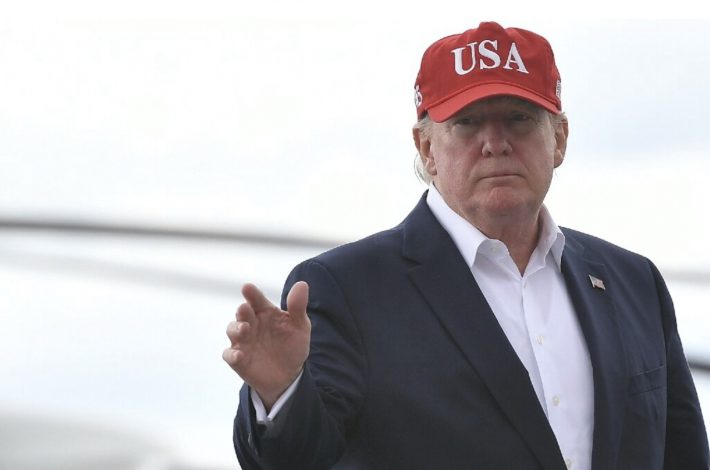In a stunning policy shift, President Trump has reportedly instructed the State Department to tone down human rights criticism against Israel and other strategic allies in its flagship annual report.
President Donald Trump has reportedly intervened to soften language and slash criticism in the U.S. State Department’s annual global human rights report, particularly in sections addressing Israel, El Salvador, and Russia, according to an explosive report by The Washington Post.
Sources familiar with the draft documents say the report on Israel — once over 100 pages — has been cut down to just 25 pages, omitting major issues previously covered, including:
- Prime Minister Benjamin Netanyahu’s ongoing corruption trial
- The controversial judicial reform efforts of his government
- Surveillance and movement restrictions placed on Palestinian Arabs by Israeli authorities
This marks a sharp departure from tradition. For over 50 years, the U.S. State Department’s country-by-country reports — mandated by Congress — have been viewed as the world’s most detailed and authoritative documentation of global human rights abuses, often citing local NGOs and firsthand accounts.
But according to the Post, the Trump administration is now recalibrating U.S. foreign policy priorities, giving preferential treatment to countries the president views as strategic partners, even at the cost of credibility in human rights advocacy.
The changes reportedly extend beyond Israel. The reports on El Salvador and Russia have also been toned down significantly, reflecting what critics are calling a political cleansing of inconvenient truths in favor of geopolitics.
Diplomatic insiders warn that this move could undermine the moral authority of the United States and send a dangerous message to authoritarian regimes — that accountability is now optional if you’re on Washington’s good side.
Human rights advocates are already sounding the alarm.
“This isn’t just editing. It’s erasure,” one former State Department official told the Post. “We’re watching the U.S. government downgrade its own watchdog role — not because the abuses stopped, but because they became politically inconvenient.”





